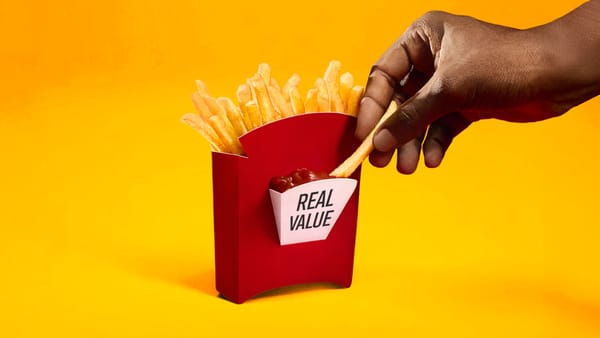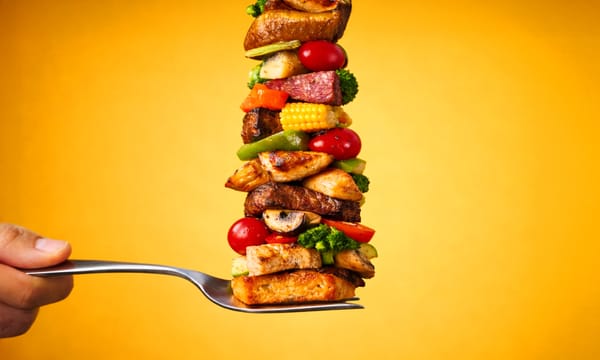UNSTUCK 026: The Quarterly Crit With Baileys, TurtleTree and Solein
Bravo for Baileys, not so much for the others
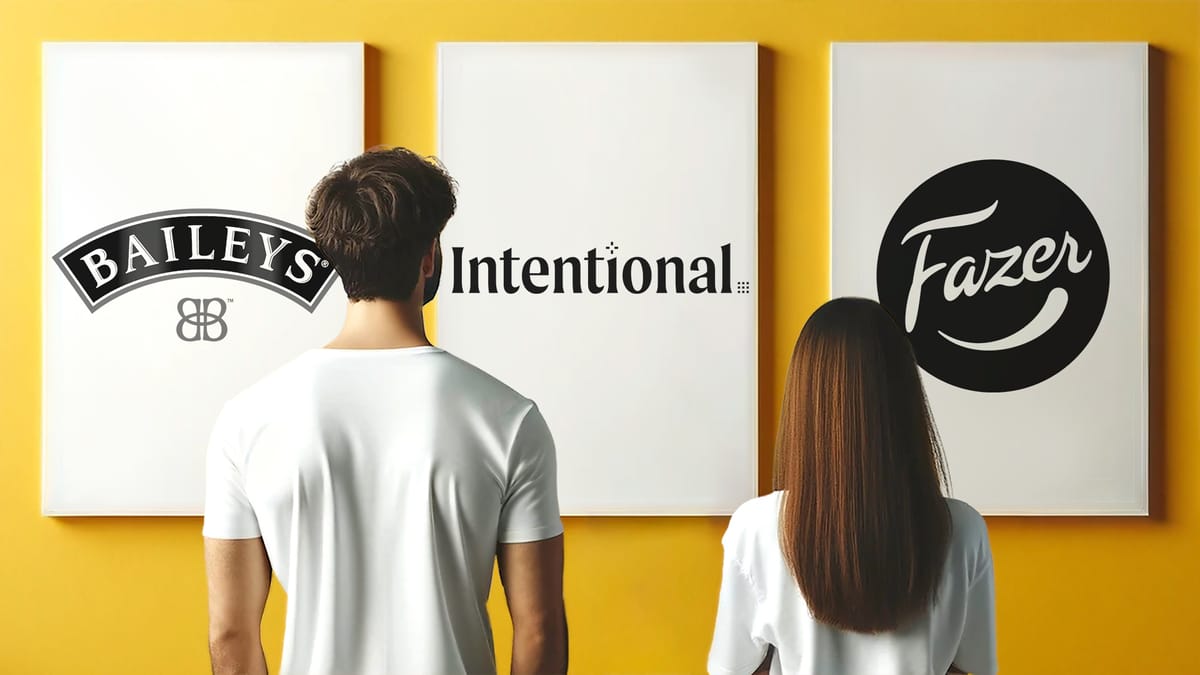
The UNSTUCK crit is back for its fourth quarterly installment, where we review launch news from the consumer perspective. Here are three launches caught our attention in Q1 2025, and sent our collective thumbs pointing 👍 and 👎.
Baileys 👍👍
Bravo for making non-dairy non-boring
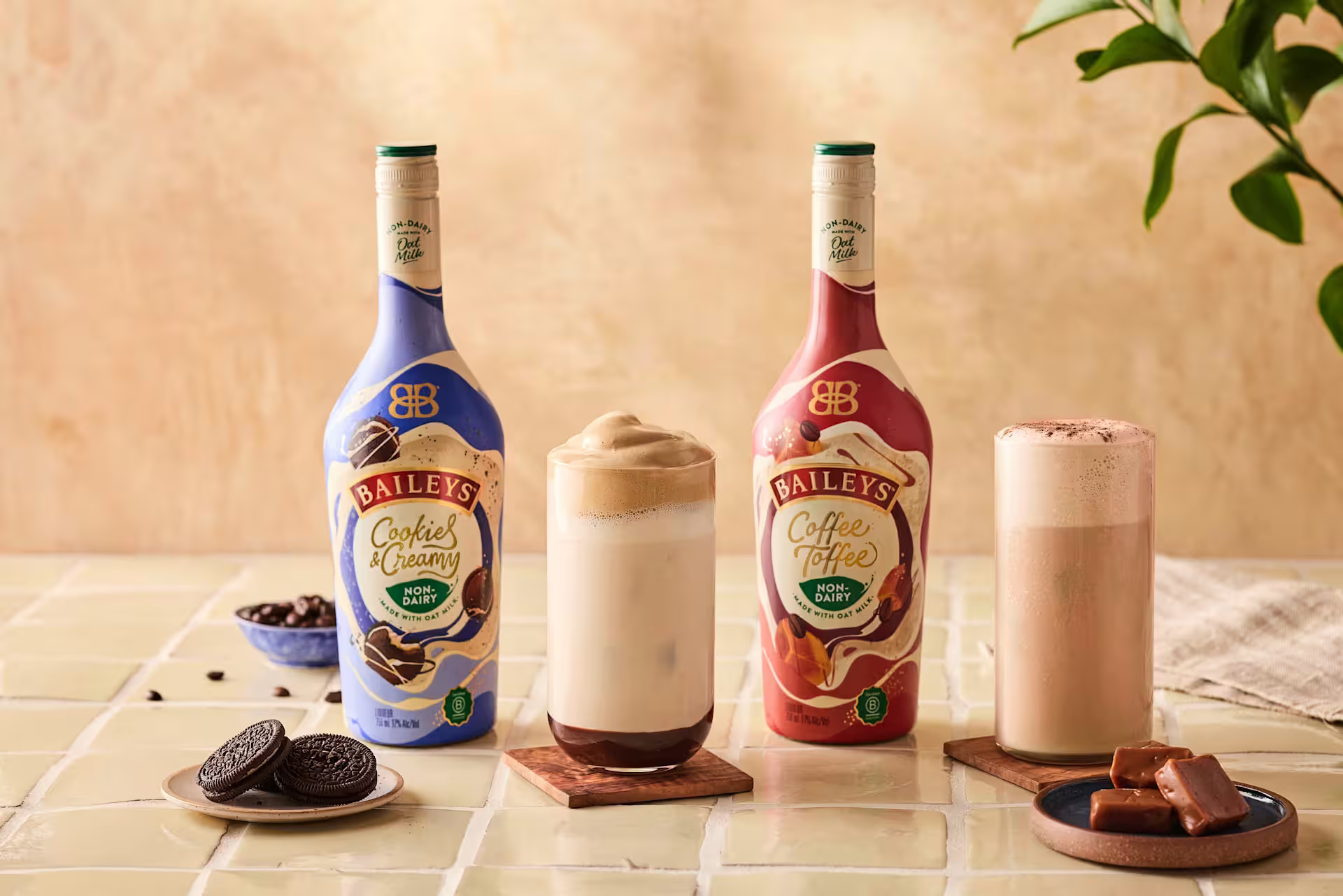
Having a big brand to talk about in a crit always makes us happy. This is especially true when they demonstrate how to apply decades of learning about their consumer and extensive marketing discipline.
Baileys could have taken the parity strategy and launched a simple “non-dairy” version of their iconic drink – the Impossible of the cream liqueurs if you will. That would have delighted the strict vegans, or those allergic to dairy who could finally sip on the occasional Baileys. But given Baileys already struggles with infrequent purchasing (so strongly associated with Christmas it is a one-a-year indulgence for many) this would never generate sufficient sales to stay on the shelf.
Instead, the Baileys team at Diageo led with new flavours. Flavours have been part of Baileys growth strategy in recent years to generate incremental sales beyond Christmas. These launches, made with oat milk, are riding on the success that oat milk has had with baristas and coffee drinkers, creating a differentiated taste experience. Whether you order your morning cappuccino with oat milk or not, coffee and oat milk are increasingly synonymous in consumers minds as they hear others order it and see stacks of cartons in their local coffee shop.
The packaging for the new variants stays true to key Baileys brand codes, but doubles up on deliciousness and desire. Swirls of mouth-watering cookies and toffee are center stage, not preachy sustainability claims. Indeed, the suggested serving product image looks like something you’d find in Starbucks not your grandma's liquor cabinet.
Turtle Tree's Intentional IronKind 👎👎
Too little too late?
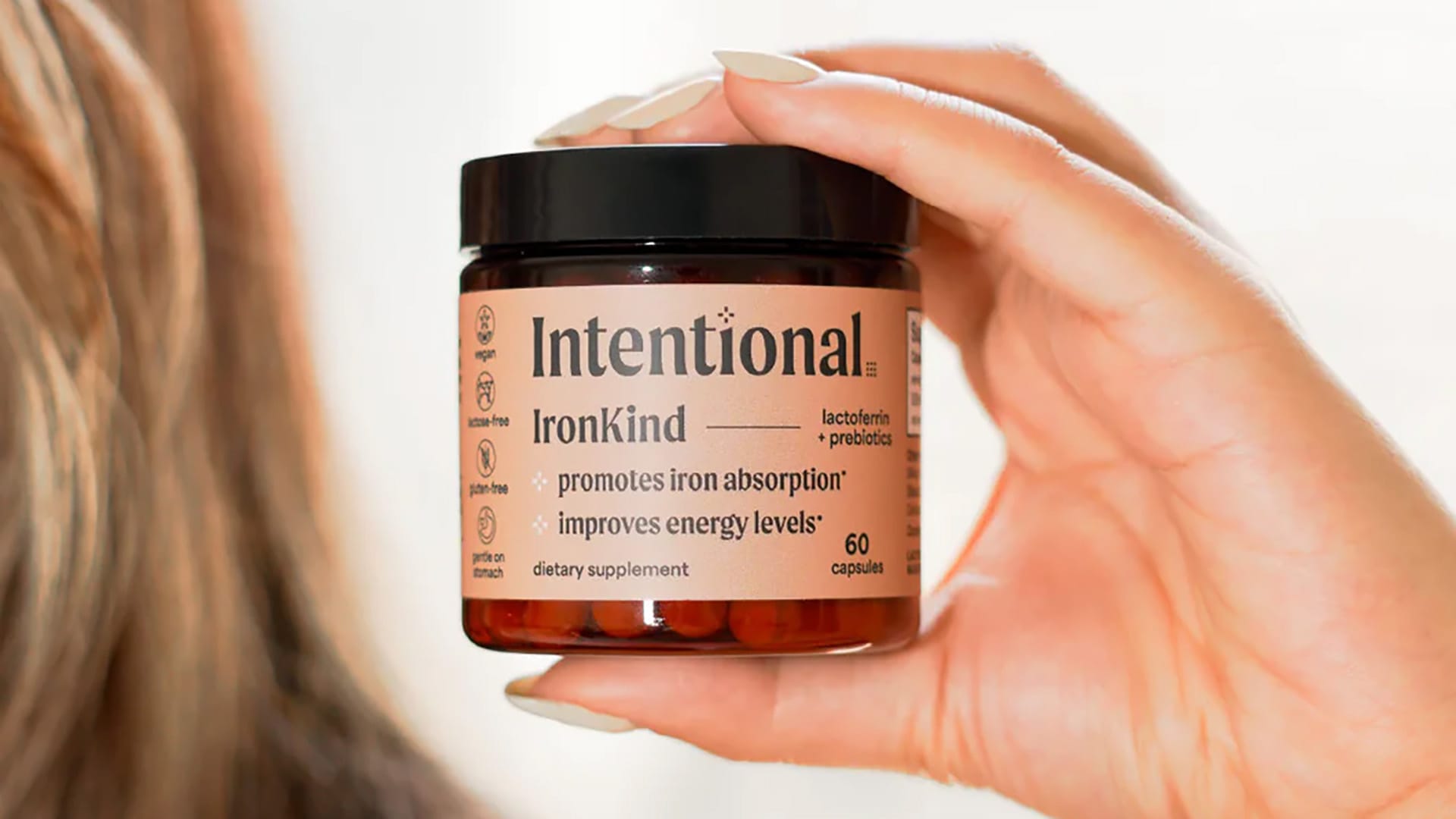
A mere 5 Unstucks ago we berated the product launches Turtletree had managed to execute through it’s B2B approach, and in the last Unstuck we predicted the second coming of B2C in sustainable food. Imagine our surprise the other day when we ran into news of a B2C launch from TurtleTree.
Will Intentional Ironkind turn around TurtleTree’s fortunes by giving investors the proof points they need and unlocking bigger B2B partnerships? That probably depends on how much financial runway they have left, but we fear it might be a case of too little too late.
When we scratch a bit beneath the Kinfolk hipster aesthetic circa 2020, what's missing is a single-minded proposition. Between Intentional vs. IronKind vs. Lactoferrin, what is the product and what is the ingredient. Moreover, what does it do for you? Is it for absorption and energy levels or is it for the gut microbiome? And finally, why should I pay 6 times more than the best-selling iron supplement on iHerb?
A direct-to-consumer approach does allows TurtleTree to quickly test, learn and optimise. It is possible that a good performance marketer will find the right consumer profile who is willing to pay the premium price tag, but their job would have been made much easier with a sharper proposition at the outset.
Fazer x Solein Snacks 👎👎
Food innovation showing up as a discount private label
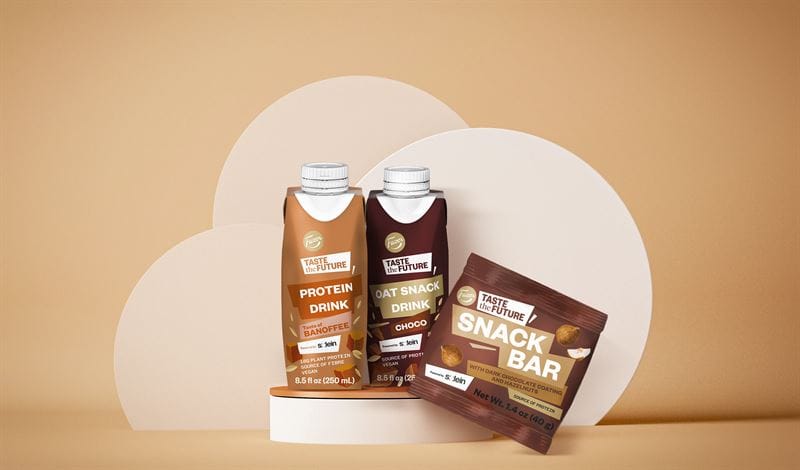
Solar Foods has always struck us as an unusual proposition. When their Solein protein substitute was introduced into Singapore's fine dining scene, we were intrigued by the "made from thin air" story but put off by the clinical, almost pharmaceutical branding.
Their latest effort in collaboration with Fazer, a Finnish food company who also happens to be an investor in Solar Foods, has taken a more bizarre turn. The range consisting of two drinks and a snack bar can best be described as giving off discount private label vibes reminiscent of Korea's No Brand brand. While these products were launched for an industry event, shared at Future Food-Tech in San Francisco, if you're going to publicise them you need to do a good job of positioning them. Instead, the generic product category dominates the pack complemented by a meaningless "taste the future" claim. The branding is apologetically tucked away in the corner. And a miracle ingredient powers the whole thing as if it was a technology product.
While this might work for a low-priced range of a retail giant, it is highly unlikely to do so for a food innovation presumably priced at a premium when it comes to market. What consumer enters a store looking for a snack bar that lets them taste the future? Fazer and Solar Foods would have been better served by repeating the UNSTUCK mantra –category, consumer, proposition.




